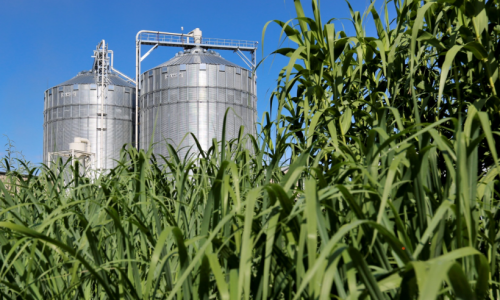The government has started to revoke the tax holiday for new Rotary Kiln-Electric Furnace (RKEF) nickel smelters under the consideration that high grade nickel ore processing plants are sufficient and do not need to get tax holiday facilities.
This policy is in accordance with the government’s plan to stop the already intensive rate of investment in pyrometallurgical plants such as processing high grade nickel ore or saprolite.
RKEF is a type of pyrometallurgy which generally produces second class nickel processed products such as nickel pig iron (NPI) and ferronickel (FeNi) which are then converted into stainless steel.
“Right now there are lots of smelters in Indonesia of all kinds, so in my opinion it can no longer be categorized as a pioneer industry so there is no need to give a tax holiday, but this only applies to new ones,” said Septian Hario Seto, Deputy for Investment and Mining Ministry of Coordinating Maritime Affairs and Fisheries on May 7, 2023.
Seto emphasized that this policy applies only to new investments in the next high grade nickel ore processing smelter. Therefore, investments that have previously received tax holiday facilities can still enjoy the tax write-off until the later utilization deadline.
“It’s impossible for the government to revoke those who have already received [tax holiday], that’s a parable in terms of investment certainty, it’s important, yes, they can later get it until the tax holiday period expires,” said Seto.
However, companies that has already granted with tax holiday facilities but will submit new investment plans to increase product capacity will certainly not receive similar facilities because the expansion plan is considered as a new investment later.
“They added capacity with a new PT, right? It’s categorized as a new submission, but we’ll see when they submit it. Usually, if construction is submitted, it’s been a year or 1.5 years earlier,” said Seto.
According to data from the Indonesian Nickel Miners Association (APNI) by the end of 2022, Indonesia currently has 43 factories with RKEF technology that process saprolite into nickel pig iron (NPI), Ferro Nickel and stainless-steel derivative products.
However, currently there are only four high-pressure acid leach (HPAL) factories to process low-grade nickel ore or limonite into mixed hydroxide precipitate (MHP) to the precursor, cathode and electric vehicle battery.
“Right now, there are not many requests for NPI because the condition is already oversupply, I think the policy adjustment is not difficult, related to the repeal of the tax holiday I think it can be done quickly,” said Seto.
In 2020, Indonesia saw a surge in investment in smelters with the resulting products in the form of NPI and FeNi used to make stainless steel or stainless steel with a content of 30% to 40% nickel.
“NPI investment can break even in 4 to 5 years, why are we giving a tax holiday for 10 years? That’s unfair,” said Bahlil Lahadalia, Head of the Investment Coordinating Board (BKPM) on May 5, 2023.
APNI hopes that there will be a shift in investment to the midstream side of nickel ore processing due to the government’s commitment to complete the new investment moratorium policy on the RKEF pyrometallurgical plant.
According to Meidy Katrin Lengkey, Secretary General of APNI, the moratorium is expected to attract investors to invest more intensively in the construction of a hydrometallurgical plant that processes low-grade nickel ore or limonite into electric vehicle batteries and solar panels.
“Since last year APNI has asked for a moratorium on RKEF technology factories, but how do we invite new investment for hydrometallurgical plants because the future lies in limonite, we are all green energy,” said Lengkey back on November 11, 2022.
With the intensification of investment in the construction of hydrometallurgical plants, the continuity of the supply of raw materials from the precursor stage to the cathode battery can be secured.
On the other hand, the moratorium on RKEF technology factories producing stainless steel is targeted to reduce demand for high grade saprolite or nickel ore. With the reason that high grade nickel ore reserves can only last 7-10 years, APNI projects last year’s consumption of saprolite could reach 140 million tons. Later this consumption will increase to 150 million tons in 2023 and will be raised to 400 million tons in 2026.
“If we consume 400 million tons, our saprolite reserves are not enough, the maximum for this stainless steel factory will only last 7 years,” he concluded.









